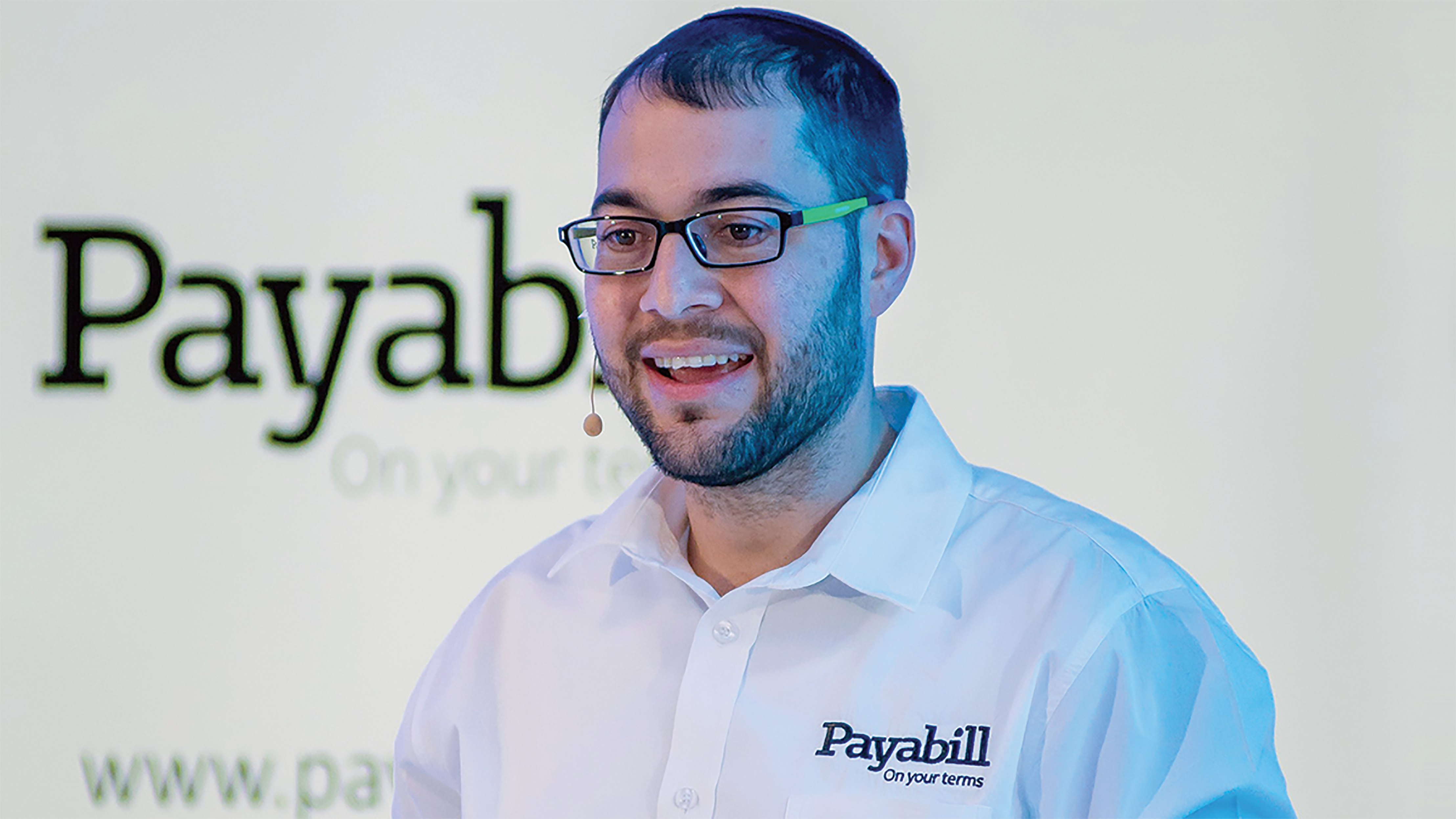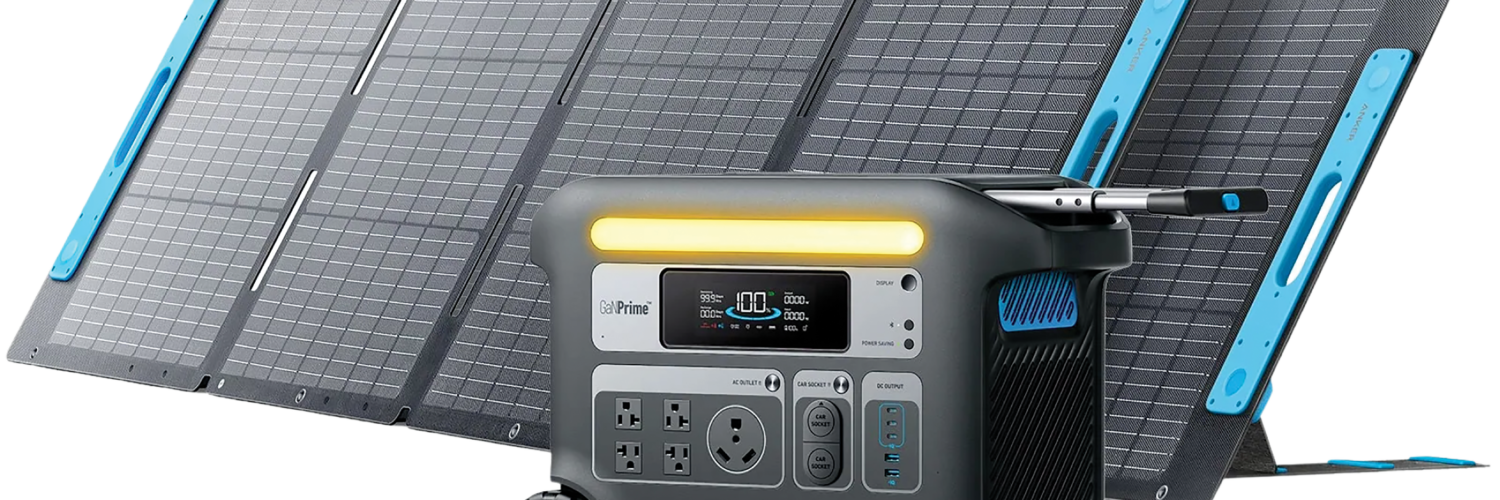Best: Experts believe that the solar system would offer the best long-term solution
By Isaac Moledi
Given the persistent reality of loadshedding and soaring electricity and fuel prices, many home and business owners are increasingly weighing the switch to solar systems versus generators, but are left questioning how the costs compare and which offers the better long-term solution.
And is reducing your grid-dependence even worth the investment?
To answer some of the industry concerns, the solar energy experts at Alumo Energy performed a case study for a small business with a monthly electricity bill of between R15 000 and R20 000.
This case study compares the costs of four scenarios: doing nothing and remaining completely dependent on the grid; purchasing a generator; installing a battery and inverter back-up system or installing a hybrid solar solution with a battery and inverter back-up system.
Crunching the numbers, Alumo then considered a range of factors including the impact of the initial investment costs, system maintenance, tax incentives and savings on electricity bills, assuming that this business is impacted by stage four loadshedding for a period of 15 years to determine which system is the eventual cost winner.
Scenario A: The cost of doing nothing.
The cost of doing nothing and remaining completely tied to the grid certainly seems attractive, because it does not require any upfront investment costs compared to alternative energy solutions, according to Rein Snoeck Henkemans, Managing Director of Alumo Energy. However, if electricity prices continue to escalate at 15% per annum (based on the steep price hikes seen in recent years), the business would be spending just over R1 million on electricity per year.
Furthermore, Henkemans says if the business loses R50 in profit for every kilowatt hour that is lost to power outages, rising with inflation of 6%, the impact of loadshedding would mean a crippling accumulated loss in income of over R21.6 million.
Together, the impact of electricity prices and loss of income on their cash flow would mean that choosing to do nothing would actually cost them over R28.8 million in losses during the period.
Scenario B: Buying a generator.
Alumo considered what would happen if the business had chosen to purchase a 60kVA generator worth R300 000 to prevent a loss of income during power outages. The business then remains partly reliant on the grid, paying electricity bills that rise by the same 15% per annum as the first scenario.
But, while the business would be protecting its profits from blackouts, Henkemans says it would subsequently be spending more on diesel. Assuming that diesel inflation amounts to 12%, this would mean additional expenses of nearly R1.69 million per year. Additionally, the business would need to pay maintenance costs every year which would likewise increase with inflation.
Together, these would mean a total of more than R16.9 million in losses over the period.
Scenario C: Buying a battery and inverter back up system.
In the third scenario, the business opts for a battery back-up system with a 75kWh battery complemented by a 50kW inverter for an upfront cost of R676 950 (calculated according to the business’ energy requirements).
This system successfully bridges the power gap during loadshedding even though the business still needs to pay even higher electricity bills over the years to recharge the battery.
Despite spending slightly more than double the upfront investment cost when compared to the diesel generator, the business would only spend a total of over R10.9 million over 15 years on electricity and their battery system – effectively saving nearly R6 million.
Scenario D: Buying a hybrid solar system with an inverter and battery back-up system.
Alumo does not recommend completely severing ties with the grid, as the grid can act as an important back-up during periods of rainy or cloudy weather for example.
The company believes that going completely off-grid can exponentially increase the cost of your system. But, should this business owner opt to go mostly off-grid with a hybrid solar solution featuring a 32kWp solar system complemented by a 50kW inverter and 80kWh battery in keeping with its energy requirements,
Alumo believes the company would need to invest in the region of R1.18 million.
In terms of expenses, the business would still need to pay a small electricity bill each month, as well as maintenance costs. But through taking advantage of the Section 12B tax incentive, tax rebates and the savings generated by maximising solar power self-consumption, the business would break even in terms of its initial investment after eight years and by the fifteenth year would even be turning a tidy profit of over R1.9 million.
“In other words, while the upfront costs of solar can seem quite high or expensive by comparison, these systems clearly offer the best long-term value when compared to the cost of generators, battery back-ups, or, worst of all, doing nothing. This is especially true for businesses that require consistent energy supply to maintain their operations, protect their bottom line and even potentially boost their cashflow in the future,” says Henkemans.
BLACK -OWNED BUSINESSES RECEIVE A MAJOR FINANCIAL BOOST FROM MTN SOUTH AFRICA
Fund: The company will spend R4 billion over the next two years to fund small, medium and micro enterprises
By Isaac Moledi
 Small, medium and micro enterprises (SMMEs) that are 51% black-owned are in for a substantial financial support from MTN South Africa following the company’s announcement that it will up its procurement spend by R4 billion over the next two years through its enterprise supplier development (ESD) programme.
Small, medium and micro enterprises (SMMEs) that are 51% black-owned are in for a substantial financial support from MTN South Africa following the company’s announcement that it will up its procurement spend by R4 billion over the next two years through its enterprise supplier development (ESD) programme.
The programme, dubbed MTN Xlerator, also plans to double the number of SMMEs on MTN’s supplier database and will uplift them through business strategy development, skills development and improved funding access.
Payabill, the SME financing fintech, has been chosen by MTN as one of the finance partners for its Xlerator programme. Payabill provides simple access to funding to South African SMEs and will feature alongside other selected lenders and banks in MTN’s programme. The SMMEs financing fintech welcomed MTN announcement and welcomed it as another partner to achieve Payabill’s objectives in giving the country’s SMEs a chance to compete and grow.
Eli Michal, Payabill CEO, believes that managing cash flow is a real challenge for SMEs across sectors. “Payabill was founded to assist those businesses that do not have sufficient funds to buy stock, assets or services from suppliers who demand cash up front.”
Payabill targets SMEs with annual revenues between R500 000 and R30 million, giving them working and other capital to grow their businesses.
It offers various forms of finance including local and international trade finance as well as asset finance.
Michal explains: “We are excited to have been selected by MTN to partner on its Xlerator programme. Payabill has already paid many suppliers in most sectors chosen by its customers all over the country.”
As part of the arrangement, Payabill will also actively introduce and enhance the opportunities of its qualifying clients to the MTN Xlerator programme.
“Small businesses are neglected by banks and other lenders due to high perceived credit risk and associated costs of assessment and collection. SMEs see these lenders as having onerous credit requirements to keep them out. Payabill is different. Payabill is welcoming, quick and easy to deal with and can provide funding in hours due to its bespoke credit methodology.”
The MTN ESD programme is open for SMMEs.
“We take risk where it matters – at the coalface of SA’s businesses – by helping
Those that have been in operation for at least six months, are at least 51% black-owned, achieve an annual turnover of R500m or less and have daily operations that black managers in key positions manage.
Charles Molapisi, MTN SA CEO says : “MTN Xlerator is a symbol of our unwavering commitment to progress, innovation and empowerment.
We believe in the enormous, unearthed potential within South Africa. At MTN, we believe in the evolution of empowerment and our goal is to transition from a transaction-based supply chain to a values-based one, ensuring everyone enjoys the benefits of a connected world while building a better tomorrow.
We pay suppliers when sales are not yet guaranteed and take risks where no one else would consider it.
We are intent on helping those businesses locked out of the market at a time when SA businesses need all the support they can get.”
To apply for MTN Xlerator applicants can go to www.mtn.co.za/xlerator/ and to check if you qualify for finance in minutes go to www.payabill.





























